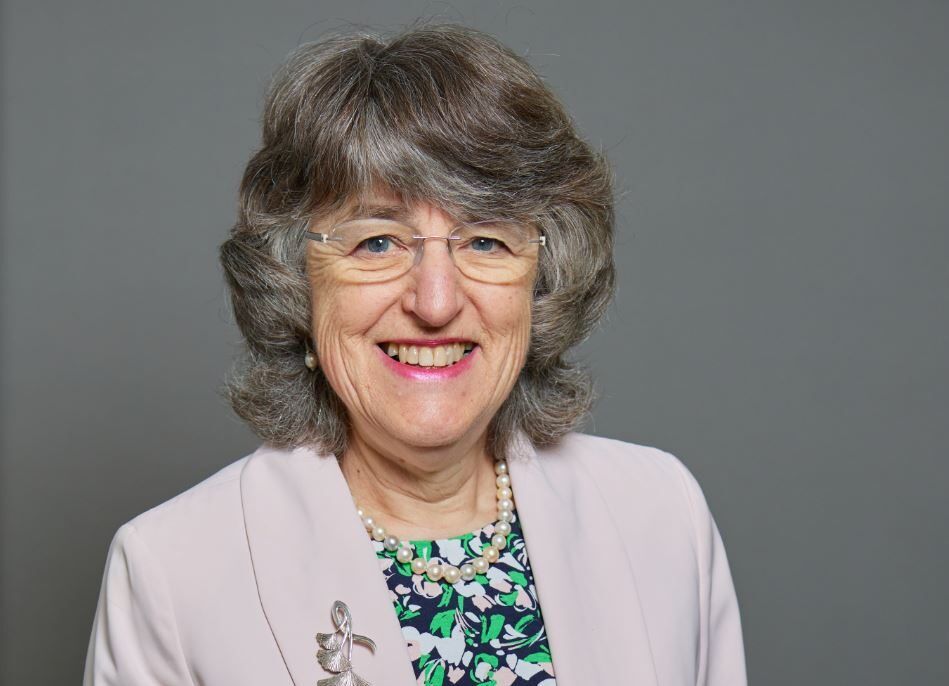Assisted Suicide
Peers warn against legal assisted suicide

Assisted suicide would devastate palliative care and expose vulnerable people to extreme risks, peers have warned.
Giving evidence to a parliamentary inquiry on Tuesday, members of the House of Lords argued against a change in the law.
Palliative care effective
Baroness Ilora Finlay, who is an expert in palliative medicine, stressed the effectiveness of her practice.
The Baroness said that properly managing care can bring suicidal people back from the precipice. She said:
“The one thing that palliative care and assisted dying have in common is that they are very poorly understood – and that’s a real problem.
“We have the post-Shipman effect with opioids unfortunately, and now clinicians are reluctant to prescribe the type of dose which actually many patients need so it takes a bit longer to get there".
“I have seen patients who have been suicidal, have really discussed whether or not to go to Switzerland, but actually these requests and that suicidal ideation disappears when they get the care they need."
She also warned that medical prognoses are very unreliable, making any legislation highly fraught.
She spoke of multiple cases in which doctors have got it “wrong”, with many patients previously diagnosed as terminally ill still alive.
One case she saw in 1991 involved a man who was given a three-month prognosis by doctors in 1991 but is still alive today.
Risk to people with disabilities
Crossbench peer Sheila Hollins also urged against a change in the law, stressing the risks to disabled people.
Baroness Hollins sais people with autism and Down's syndrome would be less-valued, pointing to shocking cases in Europe.
In the Netherlands, there have been 38 cases of people euthanised simply because they have these conditions.
She also stressed that a desire for assisted suicide is often triggered by a fear of suffering, or loss of dignity.
Conditions like motor neuron disease or paralysis don't mean a valuable life cannot be lived, she said.
More hearings will take place in coming weeks, with the committee expected to report back later this year.
CARE resources
CARE opposes assisted suicide and euthanasia as morally and ethically wrong, and a threat to the vulnerable.
You can access resources on these topics by visiting our dedicated cause page: care.org.uk/cause
Share
